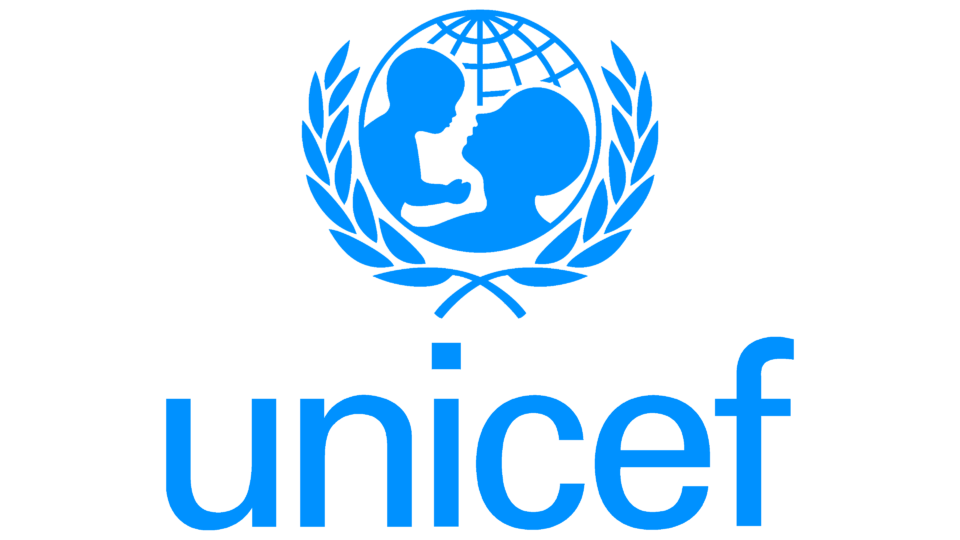From Maduabuchi Nmeribeh, Kano
The UNICEF has expressed its determination to continue providing support in addressing lack of access to quality education and adequate healthcare delivery for children in Kano state.
In his goodwill message during Disaster Management Conference organized by Kano State Emergency Management Agency held at Coronation Hall, Government House, on Thursday, Mr. Rahama Rihood Mohammed Farah, Chief of UNICEF Field Office Kano, underscored the fact that for disaster management tonne fully addressed, children must have access to quality education and good healthcare delivery.
According to him, “we will not be prepared to address and manage disaster and emergencies in Kano state without a proper understanding of the existing multidimensional vulnerabilities that are affecting children in Kano state including lack of access: to basic quality education, lack of adequate health and nutrition, lack of access to clean water, and lack of access to sanitation and protection services.”
He commended the efforts of the Kano State Emergency Management Agency for organizing the conference, pointing out that, emergencies and disasters have always been a reality that humanity has had to live with.
He said, “whether natural or man-made, when disasters happen, they bring in their wake, emergencies with devastating impacts on society.
“Having conversations such as this conference is indeed very important and timely to develop appropriate strategies for disaster risk reduction and management.
“Today, globally there is a clear evidence that when disasters occur, children and women are the greater victims. They are the most affected and hard hit by disasters.
“Disasters have devastating impacts on the well-being and future of children including serious threats to their health, nutrition, education, development, and survival.
“Children bear the greatest burden of disaster emergencies because it exacerbates their existing vulnerability and deprive them of their basic rights.”
Mr. Rahama Rihood stated that, “an effective emergency and disaster management process calls for an analysis of the threats and overarching emergency related management systems.
“It requires a proper understanding and analysis of the existing multidimensional vulnerability affecting children in Kano state, including: high multidimensional child poverty level of more than 60 per cent, Inadequate provision of and access to social services and poor sanitation, Children living in poverty are deprived of quality basic education, nutrition, water and sanitation facilities, access to basic health-care services, shelter, and lack of access child protection.
“A coherent disaster Risk reduction strategy for the Kano State, should, first of all, be child-centred. This requires the Kano state government to enact the child protection law.
“It also requires the Kano state to implement an equitable social protection policy to address the root causes of child poverty. An investment in social protection system is crucial for children and vulnerable families to be able to adjust to the rapidly changing nature of shocks and stresses.
“And it requires the state to commit and release adequate public resources to improve access to basic social services and to promote the rights of children in Kano state.
For ensuring the well-being of children, UNICEF has been collaborating with the Government of Nigeria at the federal and at the state levels to build the capacity of emergency management agencies to develop and implement the Emergency Preparedness and Response Plans (EPRPs).
“Disaster Risk Reduction (DRR) is a systematic approach to identifying, assessing, and reducing disaster risk (including risk related to natural hazards, climate change and other shocks and stresses), and is achieved by preventing new and reducing existing risk, while managing for possible residual risk through preparedness.
“Preparedness strategy requires maintaining the necessary capacity to be able to respond in a timely and effective way. This requires putting in place and maintaining essential government emergency response capabilities, policies and systems.”
According to him, UNICEF has been supporting SEMAs on Contingency planning for effective emergency response.
He said the UNICEF Field Office in Kano has started engaging the states under the field office to support SEMAs to develop and establish their state preparedness and response plans and to strengthen their capacities in performing their mandates effectively.
“It is an engagement that has started last week in Katsina State and will be extended to support Kano and Jigawa States.
Today besides looking at the risks of drought, floods, global epidemics and seasonal outbreak of diseases such as cholera, you also need to discuss other urgent socio-economic issues that are at the emergency level:
“The high number of children on streets and not in schools is an emergency, the high number of children who are malnourished and stunted is at an emergency level. For example, the situation Analysis of children in Kano report (2021) indicated that in 2018 Kano had the highest percentage of stunting nationwide with 1.6 million stunted children,” he added.
He further stated that, “the same situation of children report indicated that in Kano state for every 1,000 live births, 37 newborns die within the first month of life and 164 children die between birth and their fifth birthday.
“To mitigate the impact of disaster emergencies, Kano state needs to develop and implement a robust preparedness and response plan as well as an effective strategy to address the needs of vulnerable children and poor households.
“A conference like this is indeed the first step towards getting prepared. On this note, I wish you all a productive and constructive deliberations.”


